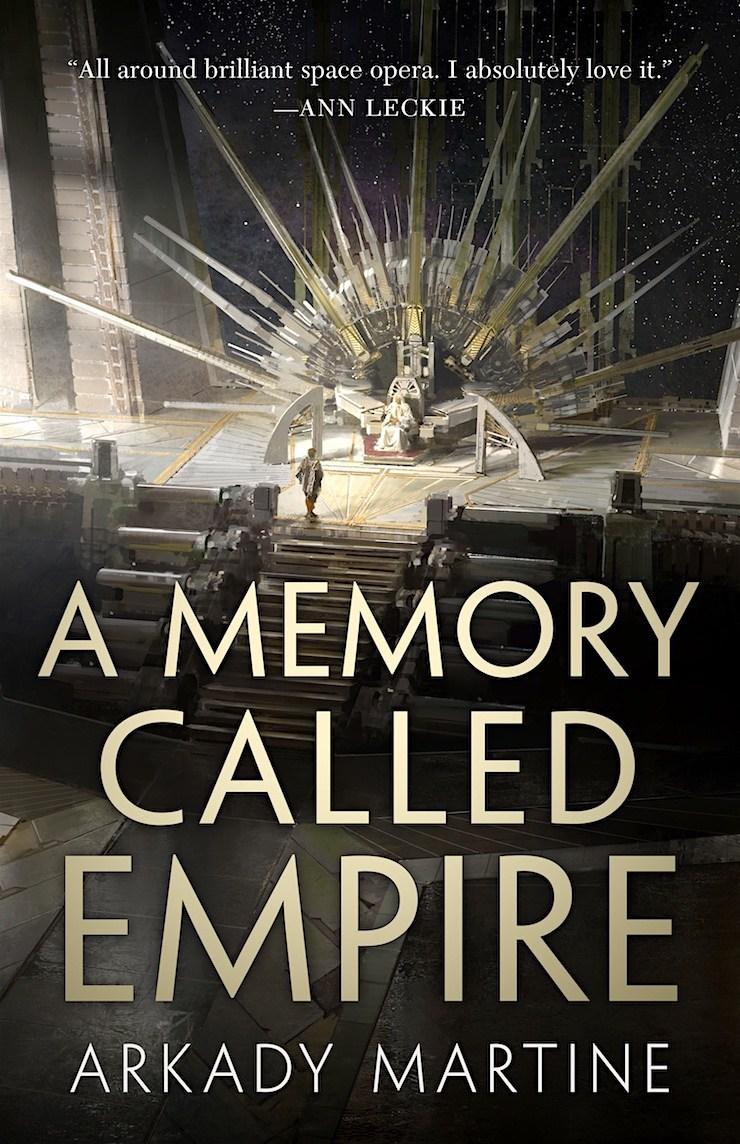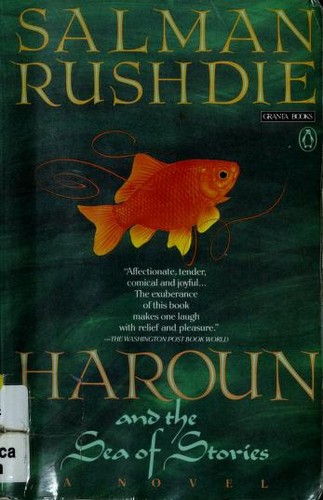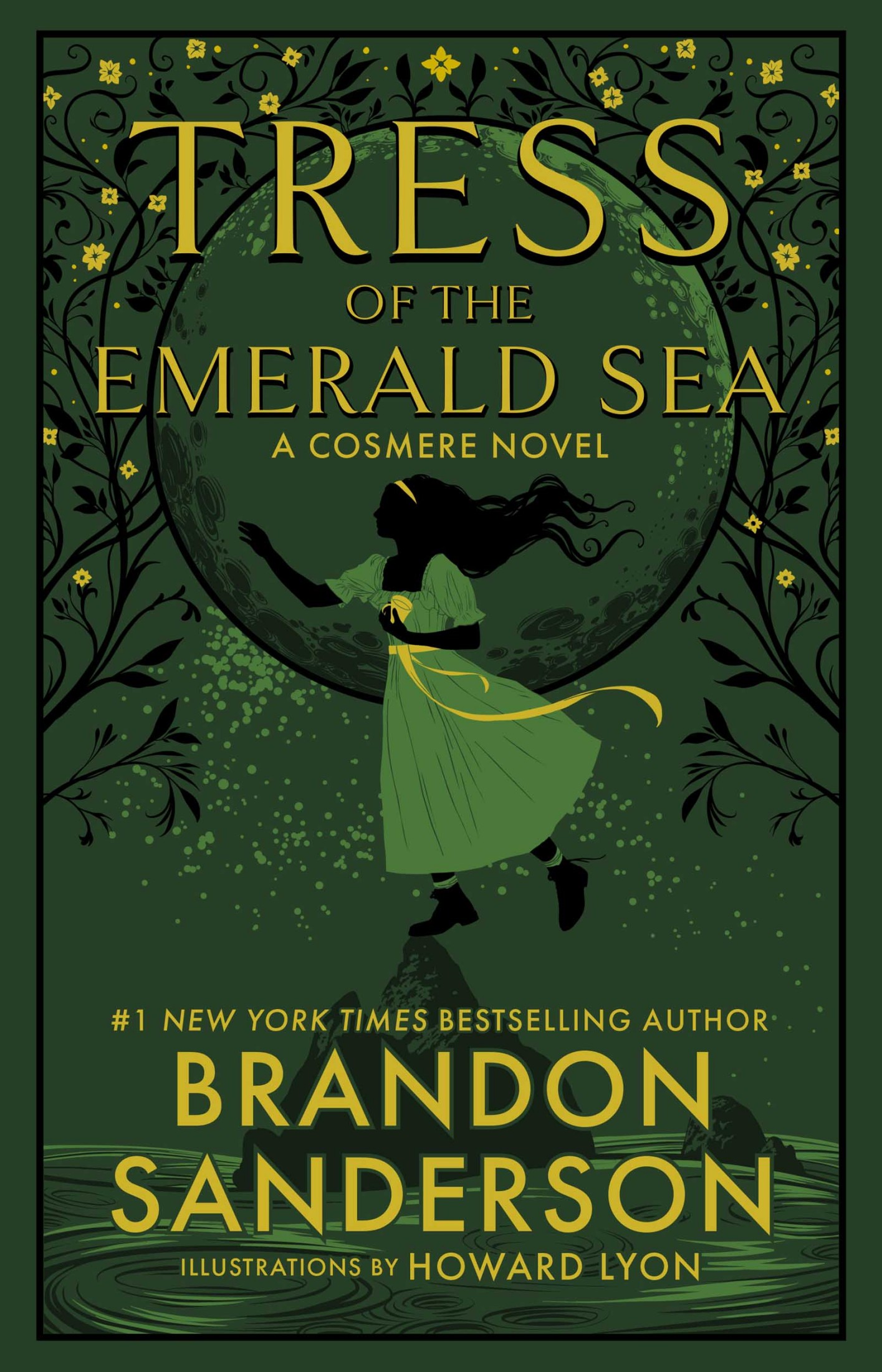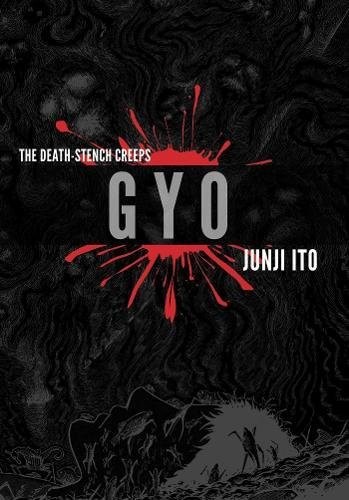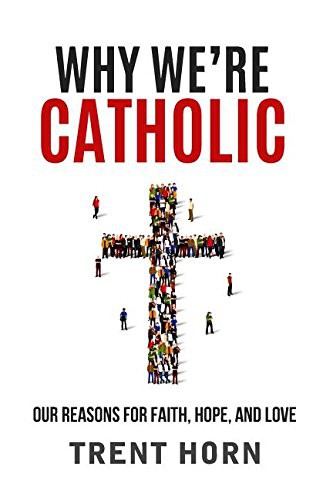Just like a Salman Rushdie novel would be!
Reviews and Comments
I like a wide variety of books but do prefer fiction written with style! I am hoping to get some reading caught up on, including finishing some science fiction and fantasy trilogies, as well as the novels of William Golding and Anthony Powell.
For 2023, I might finally start Proust, what with the new translation being completely available this year!
This link opens in a pop-up window
Orlion reviewed Haroun and the Sea of Stories by Salman Rushdie (Khalifa Brothers (1))
Orlion commented on Haroun and the Sea of Stories by Salman Rushdie (Khalifa Brothers (1))
Orlion reviewed Tress of the Emerald Sea by Brandon Sanderson
A Good Start to the Secret Novels
5 stars
This is the first of Brandon's "secret novels" whose publication was funded by Kickstarter. It's fun and enjoyable and had lore bits for those wanting to sink their teeth into the wider Cosmere.
I also imagine it does fine on its own.
This is the first of Brandon's "secret novels" whose publication was funded by Kickstarter. It's fun and enjoyable and had lore bits for those wanting to sink their teeth into the wider Cosmere.
I also imagine it does fine on its own.
Orlion commented on Tress of the Emerald Sea by Brandon Sanderson
Orlion commented on Tress of the Emerald Sea by Brandon Sanderson
More pirate jargon, matey! Also, looks like this book will have the first on page appearance of a motherfuckin' dragon! Yolen!
More pirate jargon, matey! Also, looks like this book will have the first on page appearance of a motherfuckin' dragon! Yolen!
Orlion commented on Tress of the Emerald Sea by Brandon Sanderson
Here, fishy fishy
4 stars
This is perhaps the most hopeful of Ito's work I've read.
Which is to say it didn't end with everyone doomed to a completely horrific fate.
This is perhaps the most hopeful of Ito's work I've read.
Which is to say it didn't end with everyone doomed to a completely horrific fate.
Orlion reviewed Why We're Catholic by Trent Horn
What's this "We" business?
4 stars
One can look at this as a Catholicism 101 and it is best read this way. Trent's purpose is to evangelize, hoping to convert but willing to settle on creating tolerance for the Catholic faith (which, honestly, is a first step to conversion).
For the reader, it gives a broad view of Catholic faith, beliefs and practices. This book, by its apologetic nature, is going to present the basics in as good a light as possible. To Trent's credit, he does not treat the reader like an idiot and mostly succeeds in good faith (guffaw) engagement.
So if you are looking for a readable and short introductory overview of Catholicism, this wouldn't be a bad choice.
One can look at this as a Catholicism 101 and it is best read this way. Trent's purpose is to evangelize, hoping to convert but willing to settle on creating tolerance for the Catholic faith (which, honestly, is a first step to conversion).
For the reader, it gives a broad view of Catholic faith, beliefs and practices. This book, by its apologetic nature, is going to present the basics in as good a light as possible. To Trent's credit, he does not treat the reader like an idiot and mostly succeeds in good faith (guffaw) engagement.
So if you are looking for a readable and short introductory overview of Catholicism, this wouldn't be a bad choice.
Orlion commented on Why We're Catholic by Trent Horn
Part 3 and part 4 deal with some basic mechanics of Catholic belief and organization. It is in part 4 Trent addresses the "first controversial Catholic topic", in addressing the pedophile priest scandal.
The final part will deal with the other basic controversial Catholic beliefs.
Part 3 and part 4 deal with some basic mechanics of Catholic belief and organization. It is in part 4 Trent addresses the "first controversial Catholic topic", in addressing the pedophile priest scandal.
The final part will deal with the other basic controversial Catholic beliefs.
Orlion commented on Tress of the Emerald Sea by Brandon Sanderson
Orlion commented on Why We're Catholic by Trent Horn
Part 2: Jesus and the Bible.
As expected, the book continues to funnel down from addressing general atheist/deist questions that may be asked of Catholicism and through the course of this part, narrows it down to questions that may be asked by a Trinitarian Christian. First, Trent tries to go from the general argument for a God to the argument that Jesus is God incarnated into man. These arguments are weak sauce. Next, he gets more specific and defends a Trinitarian view of God. This is much better (provided you ignore the previous step of proving the divinity of Jesus) After that, he goes into why he believes in the Bible but not in Sola Scriptura, which will flow nicely into the next part about the "whys of Catholic church structure"
Part 2: Jesus and the Bible.
As expected, the book continues to funnel down from addressing general atheist/deist questions that may be asked of Catholicism and through the course of this part, narrows it down to questions that may be asked by a Trinitarian Christian. First, Trent tries to go from the general argument for a God to the argument that Jesus is God incarnated into man. These arguments are weak sauce. Next, he gets more specific and defends a Trinitarian view of God. This is much better (provided you ignore the previous step of proving the divinity of Jesus) After that, he goes into why he believes in the Bible but not in Sola Scriptura, which will flow nicely into the next part about the "whys of Catholic church structure"
Orlion commented on Why We're Catholic by Trent Horn
Part 1: Truth and God Pretty much opens up with addressing questions that might be brought up by an atheist or general dontgiveafuck person. Structured to be built upon to funnel from the general "there is God and Truth" to specific claims like "God is the Catholic God" further down the book.
Part 1: Truth and God Pretty much opens up with addressing questions that might be brought up by an atheist or general dontgiveafuck person. Structured to be built upon to funnel from the general "there is God and Truth" to specific claims like "God is the Catholic God" further down the book.

